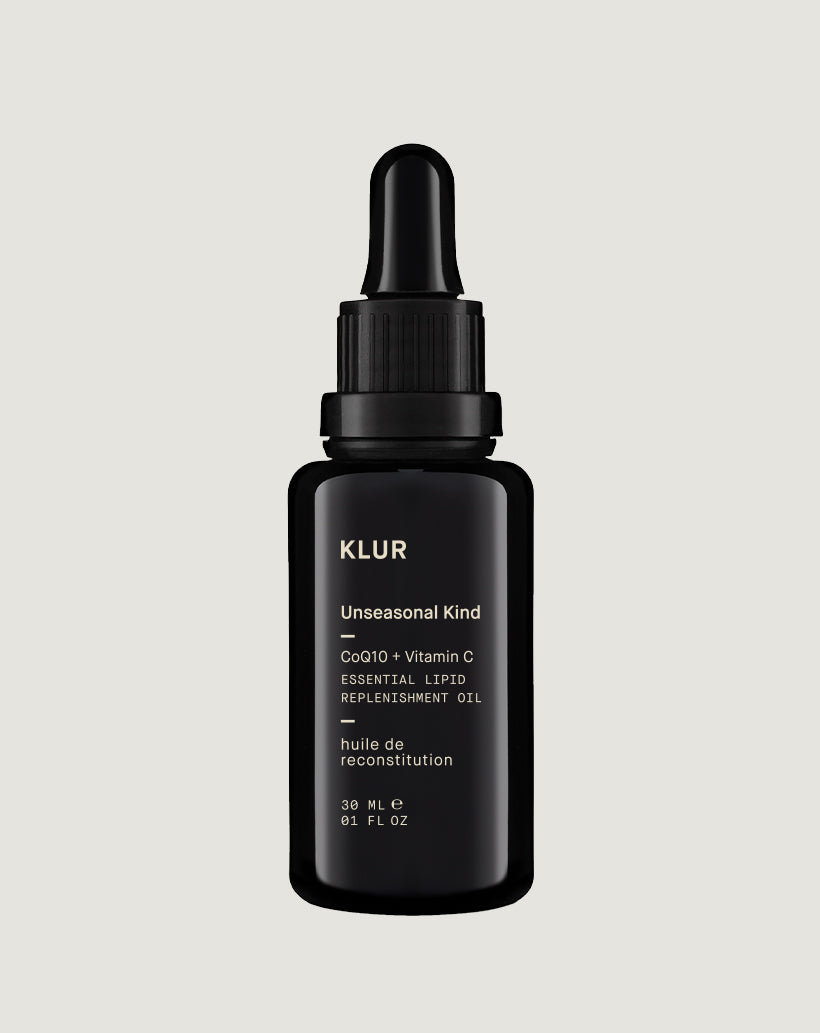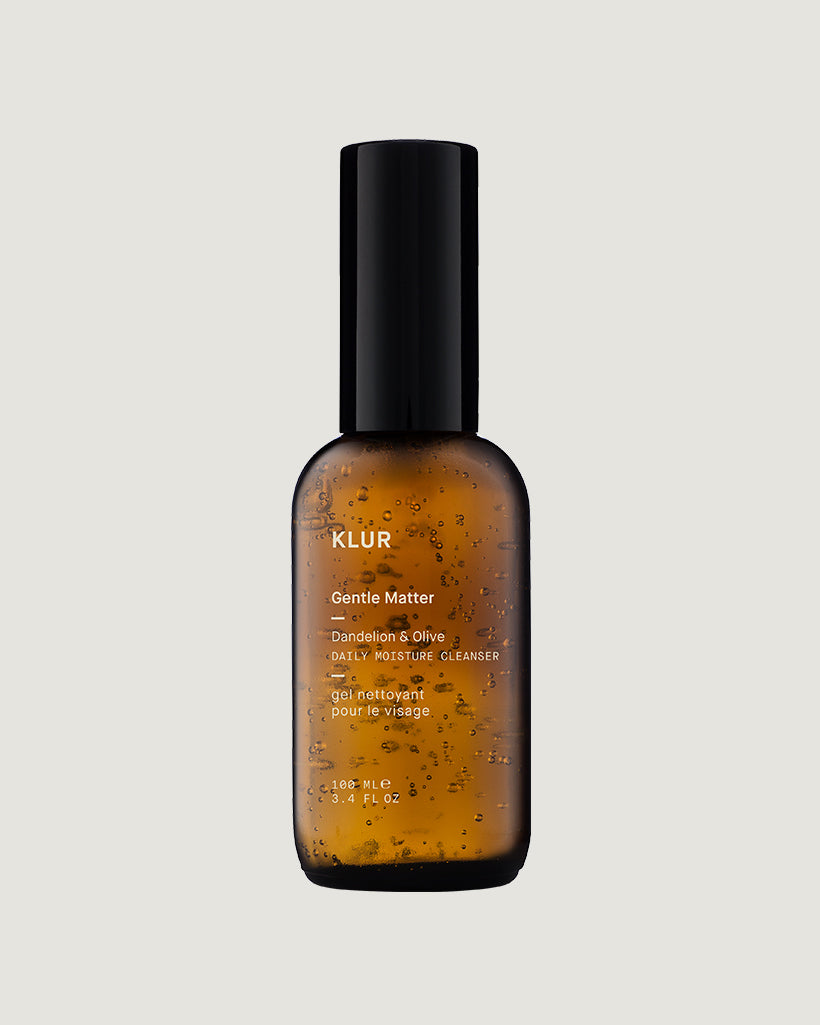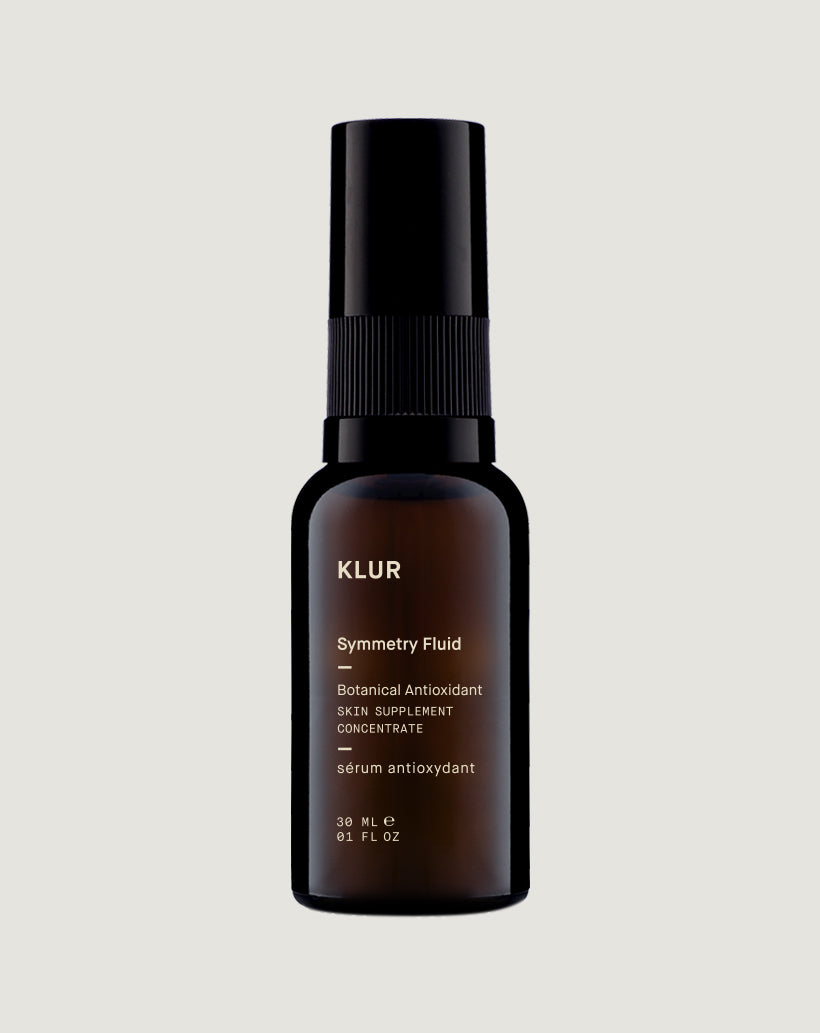Part 1: The Effects of Glycation and Inflammation on the Skin
Sugar has a profoundly damaging impact on skin which occurs through a process called glycation.
What is glycation?
When protein or fat combine with sugar in the bloodstream it starts a chemical reaction known as glycation. The end result of this reaction is the formation of Advanced Glycation End Products (AGEs).
AGEs are harmful compounds that impair the protein function and elasticity in skin, tendons, and blood vessels. They accelerate inflammation and oxidative stress playing a significant role in destroying the elastin fibers and collagen that help keep skin plump and firm.
Indicators of glycation affected skin include dryness, deep premature wrinkling, textured pigmentation, and inflamed breakouts.
What causes glycation?
Eating sugar (mostly glucose or fructose) sets off the glycation process causing AGEs to form inside your body. AGEs are also naturally found in many foods, particularly animal-derived products.
Grilling, frying, and roasting also produce much higher levels of AGEs in certain foods than baking, steaming, or slow roasting.
When we load up our diets with AGEs they accumulate in our bodies as metabolic waste and accelerate skin degradation and aging. This glycation process fits with the accumulative waste theory of aging.
Practical ways to combat AGEs including eating less:
Sugary foods
Soft drinks
Highly processed foods
Man made food by products
Inflammatory oils like Canola, Soy, and Corn
Mixed vegetable oils
Research suggests regular exercise and certain anti-glycation plant compounds including quercetin, kaempferol, and genistein may also help guard against AGEs.
We recommend consulting a trusted health practitioner before making significant dietary changes or embarking on a new exercise regime.
Inflammation
At its core, inflammation is your body’s natural response to fighting infection and healing damage. The inflammation process produces white blood cells and chemical messengers that work to recover the body from the trauma or viruses.
For example, if cut yourself, the inflammatory signs of redness and swelling show the body is busy working away to heal itself. This ‘short term’ response is known as acute inflammation. It’s healthy, essential for healing and keeps us safe from infection.
Chronic inflammation, however, harms the body - including the skin. This is when the inflammatory responses are continually ‘switched on’ in defense mode and the cause / aggravator could be internal or external environmental factors.
Chronic inflammation significantly interferes with your skin’s healthy function and weakens the skin barrier. This can lead to inflammatory conditions such as rosacea, eczema, psoriasis, and cystic acne. It also plays a lead role in chronic health issues such as heart disease, Alzheimer’s, arthritis and more.
Lifestyle causes of chronic inflammation
From stress and lack of sleep to poor diet and excessive exercise, chronic inflammation can stem from a barrage of lifestyle, environmental, hormonal and even emotional imbalances.
We’ll take a look at these - and more - in detail in Part 2 and Part 3.





